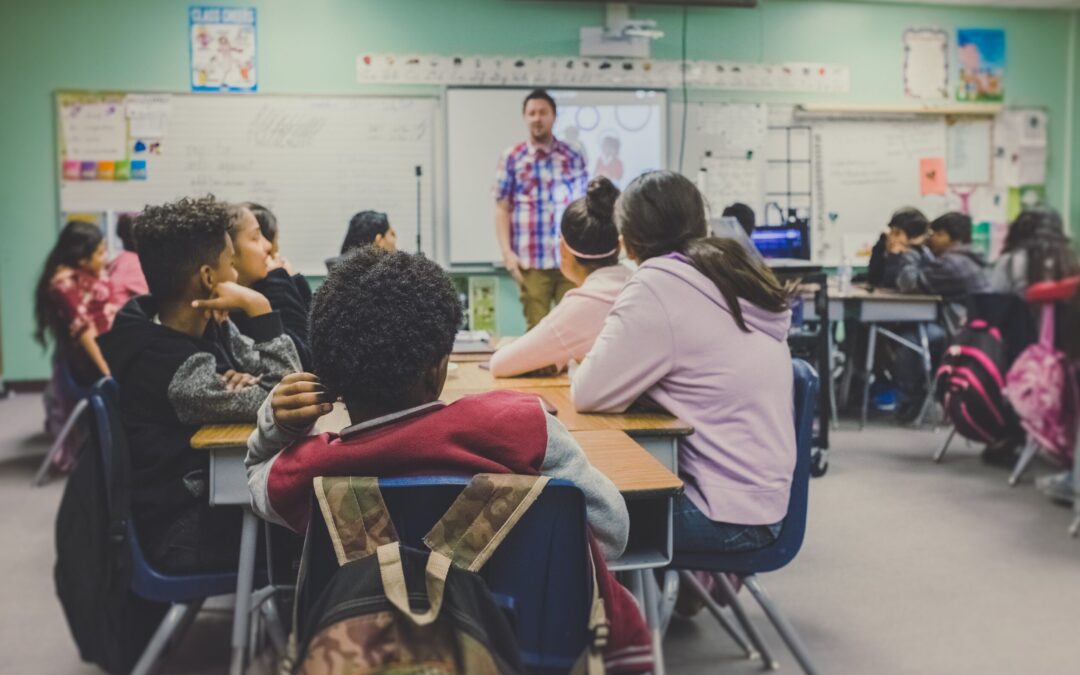
by The Children's Treatment Center | Jul 11, 2017 | General
Lately, it seems like it has become common to see news stories involving the arrest of teachers who are being charged with sexual abuse and misconduct involving their students, some of whom are as young as 11 years old. Schools are expected to be a safe environment...


